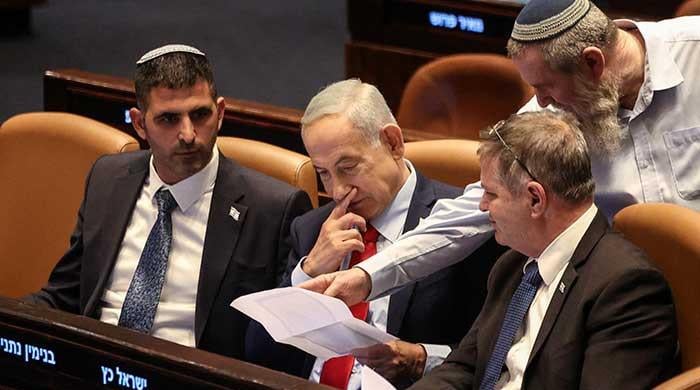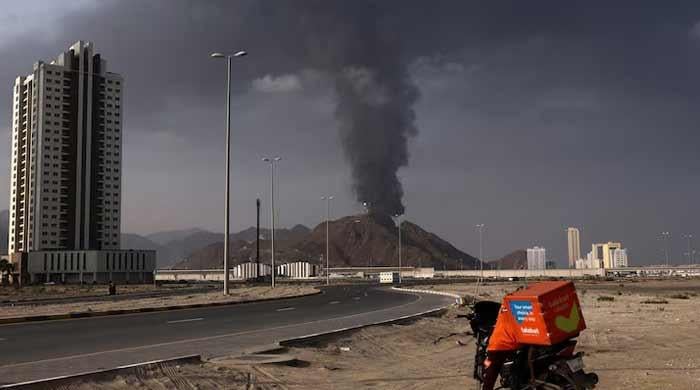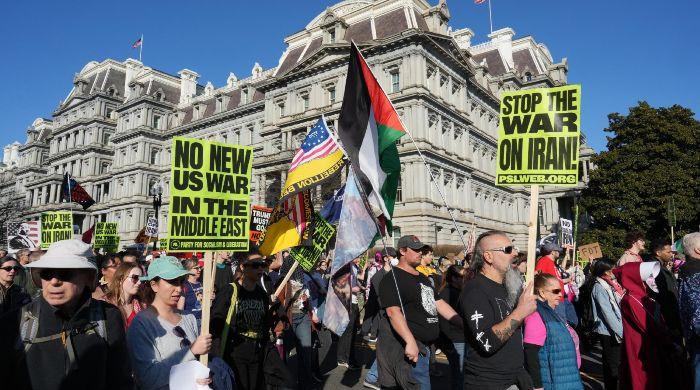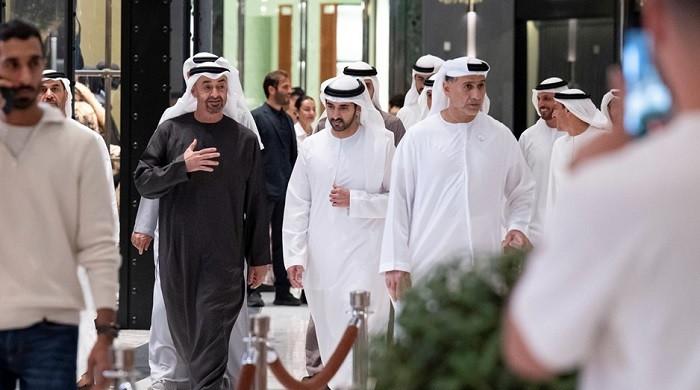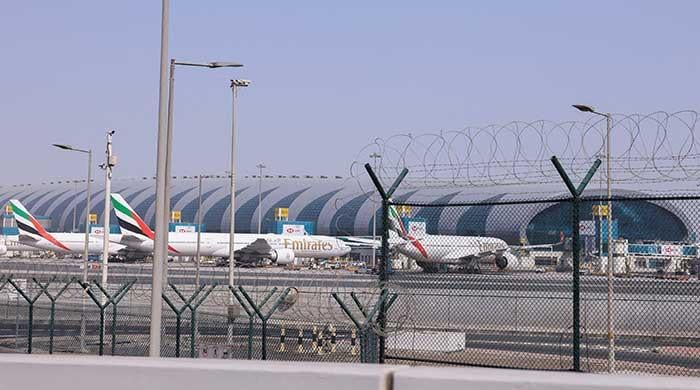India electoral roll revision sparks fear and fury
Opposition lawmakers say it will impact minorities hardest, including Muslims and Dalit communities
July 10, 2025
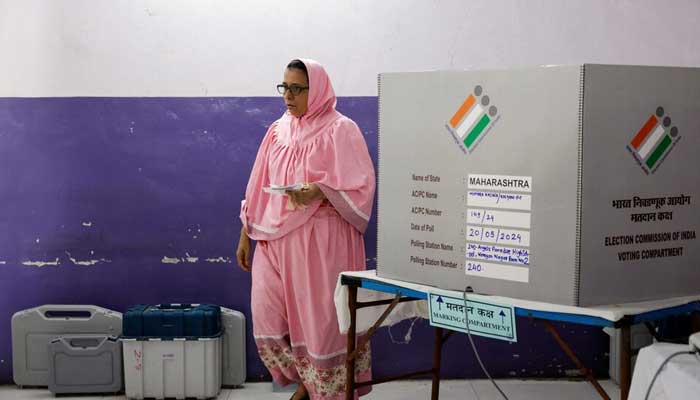
NEW DELHI: Indian election officials have given voters in Bihar state just weeks to prove their citizenship, requiring documents few possess in a registration revamp set to be applied nationwide, triggering disenfranchisement fears.
The Election Commission of India (ECI) announced the revision of the voter rolls in June ahead of upcoming polls in the eastern state.
It said the exercise will later be replicated across the nation of 1.4 billion people.
According to the ECI, the "intensive revision" was needed in part to avoid the "inclusion of the names of foreign illegal immigrants".
Members of Prime Minister Narendra Modi's Hindu nationalist Bharatiya Janata Party (BJP) have long claimed that large numbers of undocumented Muslim migrants from neighbouring Bangladesh have fraudulently entered India's electoral rolls.
Critics say the overhaul could render vast numbers of Indian citizens unable to vote.
"You are being asked to produce documents that very few people have," said Asaduddin Owaisi, a prominent Muslim lawmaker.
"It will lead to mass disenfranchisement."
Opposition lawmakers say it will impact minorities the hardest, including Muslims and Dalit communities, those on the bottom rung of India's rigid caste hierarchy.
'Engineered exclusions'
All potential voters in Bihar will have to provide proof of citizenship by July 25.
Those registered in 2003, the last time scrutiny of the voter list took place in Bihar, can submit a copy of that.
The rest — around 30 million people, according to the ECI's estimates — have to provide evidence of their place and date of birth.
And those born after 1987 must also furnish proof of their parents' Indian citizenship.
The requirement affects more than a third of potential voters in Bihar, India's third most populous state and its poorest.
It is also a crucial election battleground as the only state in India's northern Hindi-speaking belt where Modi's BJP has only ever governed in a coalition.
Bihar's main opposition party, the Rashtriya Janata Dal, has challenged the election commission in the Supreme Court, along with other parties and activists.
"It is being used to justify aggressive and opaque revisions of electoral rolls that disproportionately target Muslim, Dalit and poor (Indian) migrant communities," the court petition read.
"They are not random patterns but... engineered exclusions."
Unlike many other countries, India does not have a unique national identity card.
The widely used biometric-linked "Aadhaar" identity card is not among the documents listed by the ECI as acceptable proof.
Documents that can be used include birth certificates, passports and matriculation records.
Of these, most people are likely to rely on their matriculation certificates.
But even those are in short supply in Bihar, where literacy rates are among the lowest in India.
According to an analysis published in The Indian Express newspaper, only 35% of people in the state hold such a document.
"In Bihar, where literacy is not very high, many people are not likely to have the kind of documents the ECI has demanded," said Jagdeep Chhokar from the New Delhi-based Association for Democratic Reforms (ADR).
"The poor, poorly educated, uneducated and minorities will be the most impacted."




